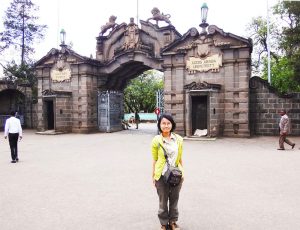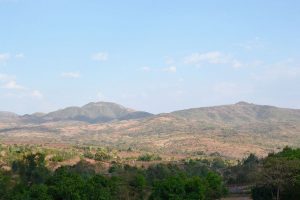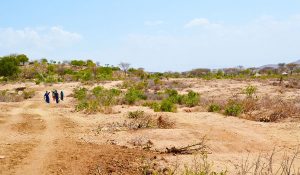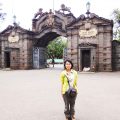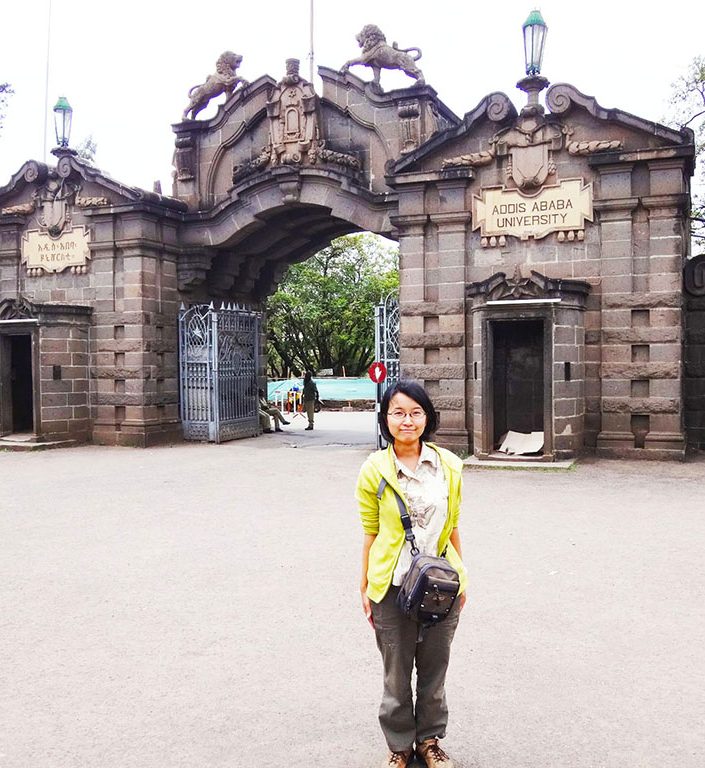
A Study of Womanhood in rural Ethiopia
through the life stories of mothers and daughters
Haruka Arii
21 January – 7 April 2017
Addis Ababa University, Ethiopia
Key words: life story, life course, educational development, gender, family
1. Research Project
This study examines the life stories of different generations of women living in rural Ethiopia in an attempt to discover how the expansion of school education has transformed womanhood. In the face of the rapid economic growth of recent years, the Ethiopian government has invested in women’s and girls’ education and health in order to empower them. In Maale, southwestern Ethiopia, where I conducted my research, the lifestyle and social values of the people have witnessed a dramatic transformation. This can be credited to social changes such as the spread of Protestantism after the 1960s, the expansion of school education, and the influx of money into the economy. Earlier, most girls did not go to school. Now however, many girls have some education and experience of job hunting. In this study, I will examine how women think and choose their own life course within the context of their experiences of social development and change.
2. Details of My Stay
The aim of my stay was twofold: firstly, to collect data on the life stories of women via fieldwork in Maale, southwestern Ethiopia; and secondly, to conduct a workshop in Addis Ababa University in order to build a relationship with young scholars in Ethiopia as well as to discuss the theme of the session in the symposium to be held in December 2017.
During the initial part of my stay, I visited four villages in Maale and documented the life stories of women. In addition, I collected statistical data on their levels of education and health, and also interviewed officers of administrative institutions in order to determine what and how much has changed in these areas over the years.
The latter part of my visit was spent in Addis Ababa, where I held a workshop titled ‘Women and Education: Change of Women’s Life in Ethiopia’. Prof. Getaneh Mehari, from the Department of Social Anthropology, Addis Ababa University, extended his support towards the planning and running of this workshop. Four young scholars from the Department of Social Anthropology and the Center of Gender Studies joined the workshop and gave presentations. During this time, I also got the opportunity to discuss the upcoming December symposium with Prof. Gebre Yintiso from the Department of Social Anthropology, Addis Ababa University.
The workshop reinforced the importance of female education in modern Ethiopian society. It was a testament to the increasing presence of successfully educated women in Ethiopia that two of the four scholars that participated in the workshop were female. The discussion in the workshop demonstrated the importance of examining the problems in education from views other than that of educational development.
The fieldwork part of my visit enabled me to collect data in accordance with my original plan. The workshop, on the other hand, identified the need for more research on – and examination of – the lives of not only the women of Ethiopia but also that of men, for academic comparison.
The workshop in Addis Ababa was small, so it was a good occasion for participants to share their interests with each other. However, I was not able to disseminate findings from the research satisfactorily. That work has been earmarked for the future.
There were not many occasions to discuss discipline or compare this effort with similar initiatives in other countries. Thus, my aim is to develop a framework for discussions with scholars who conduct research in other African areas or study similar topics. Moreover, it is important to disseminate findings and information widely.

